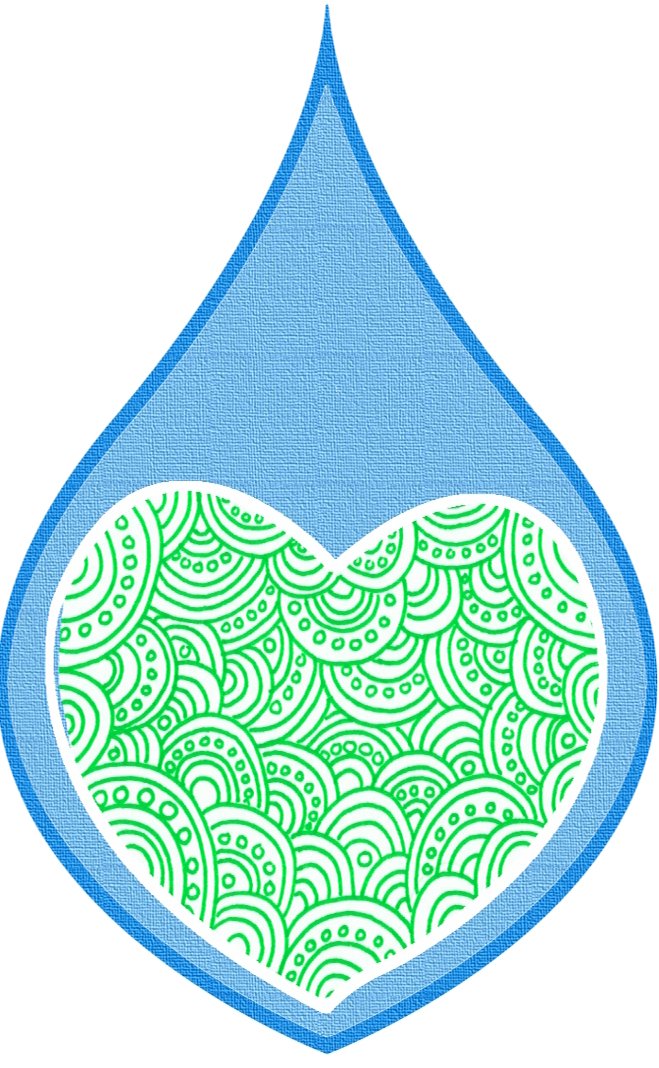Saving Lives with Community-Led Total Sanitation
Without water people cannot survive, but without good sanitation and hygiene practices the water available could become contaminated and lead to disease and death. Every year 1.5 million people, most of them children, die from complications associated with diarrhea that they picked up from dirty water. According to the World Health Organization (WHO) 88% of diarrhea cases worldwide are linked to unsafe water, inadequate sanitation or insufficient hygiene. Diarrhea is caused by bacteria that get into the water system, andcontinue reading
